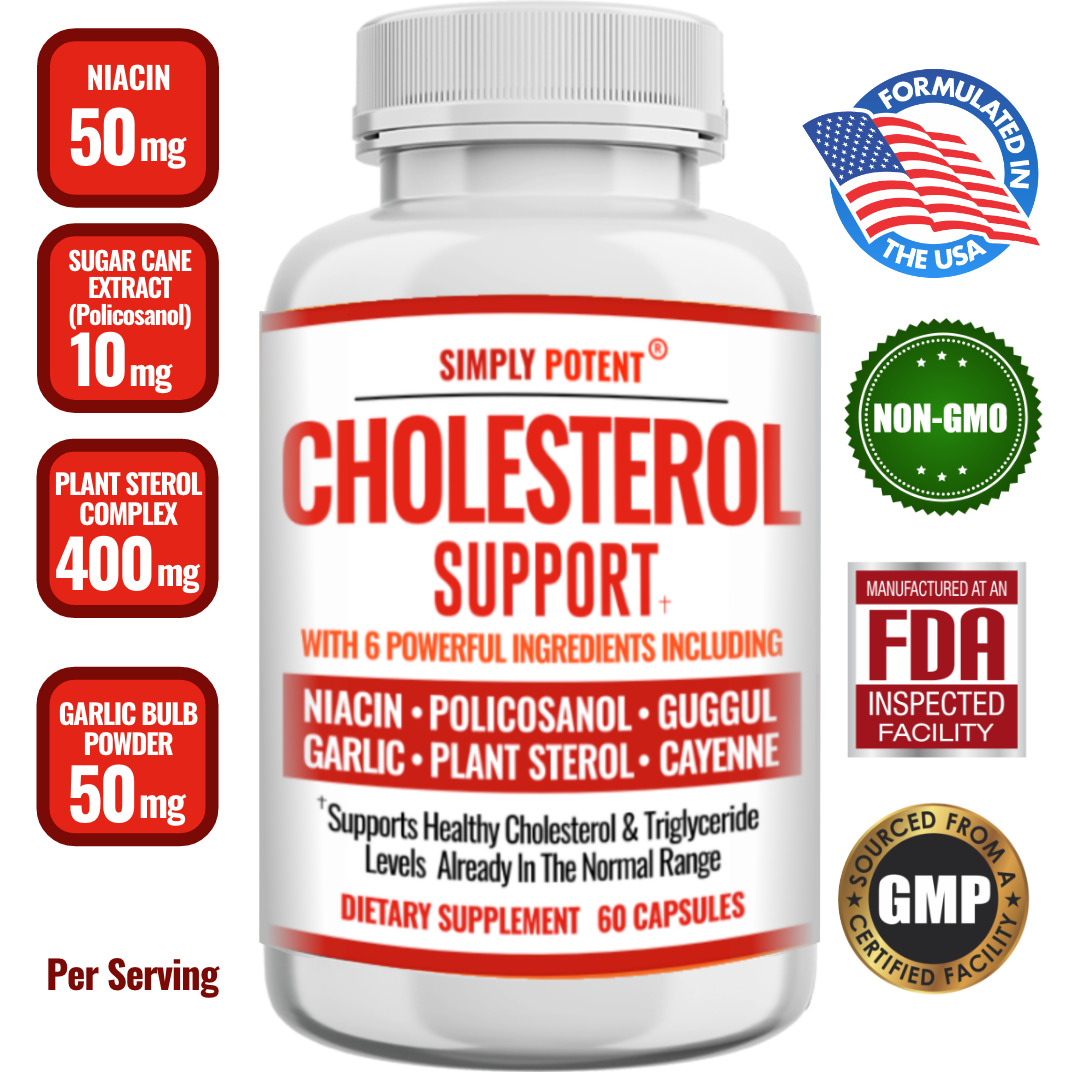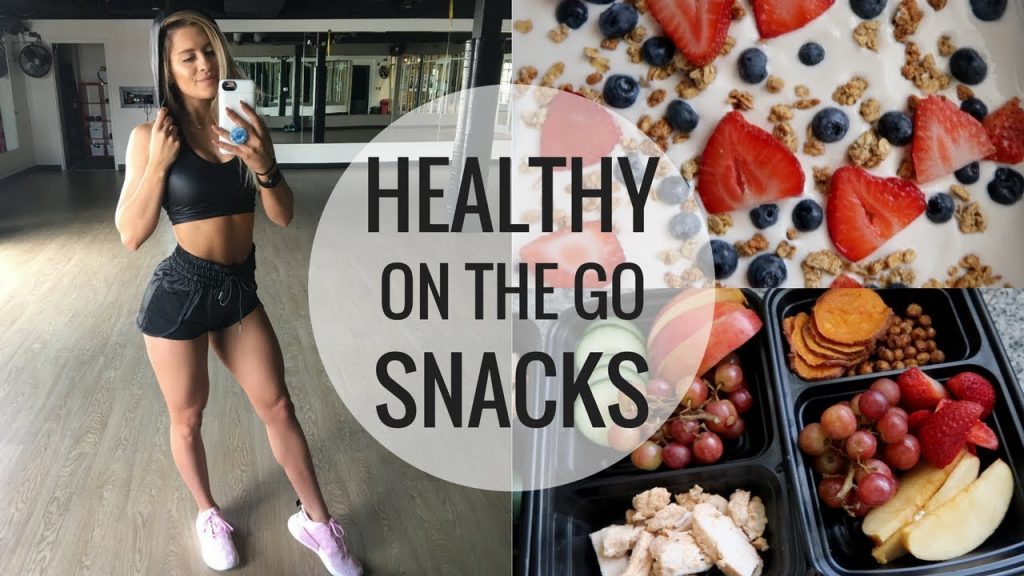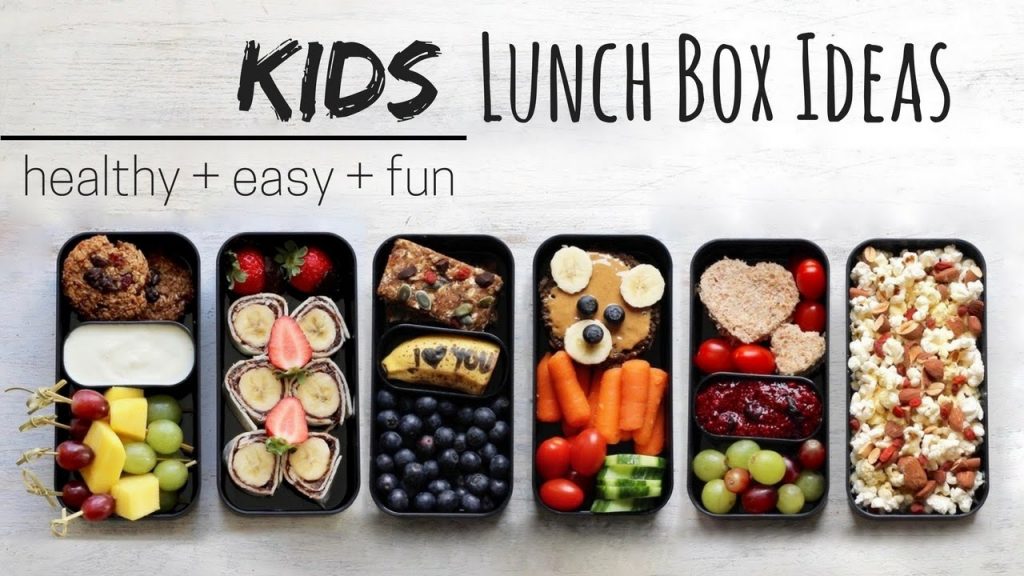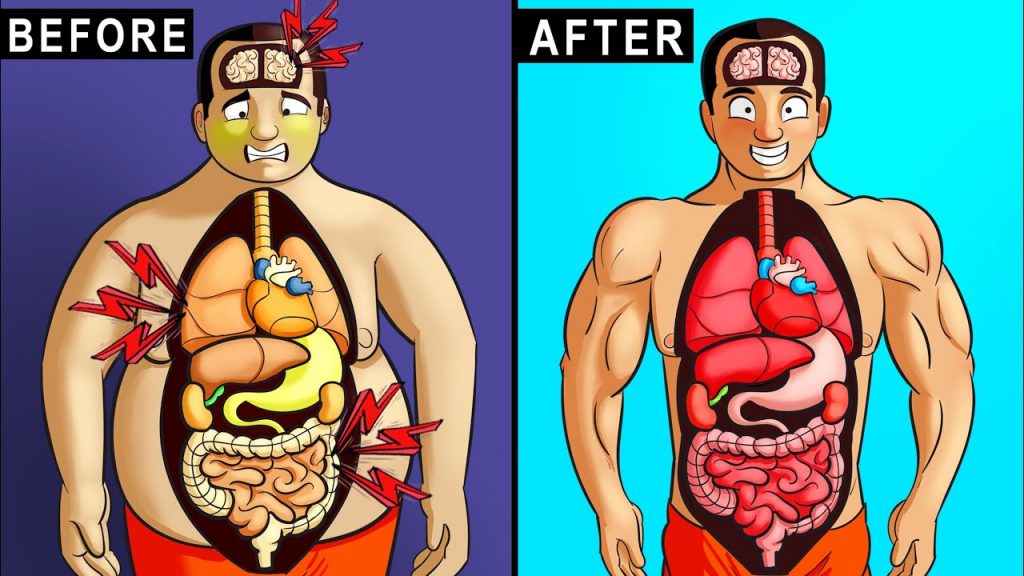Cholesterol Control

There are plenty of reports on the drawbacks of having a diet high in fat.
A high-fat diet has been linked to high cholesterol and, ultimately, heart attacks. Hence, people have started avoiding beef and eggs. But cholesterol is not bad. Our body needs it to protect nerves and build new cells and hormones. The problem starts when we eat pizza, burgers, ice cream, steaks, or any food containing animal products.
Excess cholesterol settles along the walls of the arteries and can clog them, restricting blood flow. This can lead to angina, heart attack, or stroke, and it has also been shown that high cholesterol leads to gallstones. There are two types of cholesterol: good cholesterol, or HDL, and bad cholesterol, or LDL. LDL is the cholesterol that clogs the arteries and should be lower, while HDL scours the artery walls and removes the harmful LDL, so it should be higher.
Doctors recommend reducing and avoiding high-fat diets containing meat, eggs, and dairy products. But you can use the following home remedies for treatment:
 • Increase the intake of Vitamin E: It is advised to increase your intake of Vitamin E to 400 international units to prevent the oxidation of bad cholesterol, which hardens into the arterial plaque, thus giving rise to heart attack. It also raises the level of HDL. You can include Vitamin E as dietary sources or include vegetable oils, nuts, or grains in your diet.
• Increase the intake of Vitamin E: It is advised to increase your intake of Vitamin E to 400 international units to prevent the oxidation of bad cholesterol, which hardens into the arterial plaque, thus giving rise to heart attack. It also raises the level of HDL. You can include Vitamin E as dietary sources or include vegetable oils, nuts, or grains in your diet.
• Eat your breakfast: People who skip breakfast have higher cholesterol levels than those who have breakfast every day. This is because they tend to eat unhealthy foods high in fats.
• Eat small meals frequently: Large meals have been shown to release a large amount of insulin, which in turn stimulates the liver’s production of the enzymes that increase cholesterol production. However, eating small, frequent meals without increasing the total calories will limit insulin production and thus control cholesterol and, in turn, heart disease.
• Add Vitamin C to your diet: Though other vitamins and minerals play an important role in the cholesterol production, Vitamin C is the most crucial vitamin for cholesterol control. It increases HDL levels and is very beneficial if you get it from fruits and vegetables, since they have a special fibre called pectin. It surrounds the cholesterol and flushes it out of the digestive system before it gets into the blood. Include fruits like citrus fruits, tomatoes, potatoes, strawberries, apples, and spinach, which are rich in vitamin C and pectin.
 • Increase garlic intake: Taking seven cloves of garlic a day will reduce cholesterol levels significantly. If you cannot stand the normal garlic, then you can opt for odorless garlic pills, which are available in local health stores.
• Increase garlic intake: Taking seven cloves of garlic a day will reduce cholesterol levels significantly. If you cannot stand the normal garlic, then you can opt for odorless garlic pills, which are available in local health stores.
• Skip decaf: Avoid decaffeinated coffee, as it has been shown to raise LDL levels. The beans used for decaf are far stronger than normal beans.
• Munch grapes: Grapes and their products have a compound which lowers cholesterol significantly. So you can increase your grapes, grape juice, and wine intake to decrease your cholesterol level.
• Have grapefruit: Grapefruit contains pectin which reduces cholesterol significantly. Hence, people who consume grapefruits show a marked decline of cholesterol over 7 percent after two months of consumption.
• Eat beans: Lima beans, kidney beans, navy beans, soybeans, and other legumes contain a high amount of pectin, which has been shown to lower cholesterol. Research has shown that people who consume about 11/2 cups of cooked beans daily decrease their cholesterol levels by 20 percent within three weeks.
• Splurge on carrots: Carrots contain pectin, the most useful type of fibre for lowering cholesterol. Eating two to three carrots daily will reduce cholesterol levels by 10 to 20 percent.
A balanced diet is vital for lowering LDL cholesterol levels and increasing HDL cholesterol levels. By including various nutrient-rich foods, we can enhance our heart health and feel our best.
Cholesterol is a fatty substance essential for the proper functioning of our body. It becomes a major cause of health problems when its levels exceed the normal range. High cholesterol levels can lead to the development of heart disease and other health complications, making cholesterol control an essential part of maintaining good health.
Cholesterol is produced naturally in the liver and is also obtained from the food we eat. There are two types of cholesterol in our body – LDL (low-density lipoprotein) cholesterol and HDL (high-density lipoprotein) cholesterol. LDL cholesterol is referred to as “bad” because it can lead to the formation of plaques in the arteries, while HDL cholesterol is known as “good” because it helps remove excess cholesterol from the body.
The key to cholesterol control is maintaining a healthy balance between LDL and HDL cholesterol levels. Several factors can contribute to this imbalance, such as an unhealthy diet, lack of exercise, smoking, excessive alcohol consumption, and genetics. Therefore, it is essential to understand the risk factors associated with high cholesterol levels and take steps to control them.
The primary ways to control cholesterol include adopting a healthy lifestyle, consuming a balanced diet, and taking medication if necessary. A healthy lifestyle includes exercising regularly, quitting smoking, limiting alcohol intake, and managing stress. A balanced diet is essential for cholesterol control, and it should consist of foods that are low in saturated fats and high in fiber. Incorporating fruits, vegetables, whole grains, lean meats, fish and low-fat dairy products into the diet can help lower LDL cholesterol levels and raise HDL cholesterol levels.
If lifestyle changes and diet modifications are not enough to control cholesterol levels, medication can be prescribed. Statins are the most commonly prescribed medications for cholesterol control, and they work by reducing cholesterol production in the liver.
In conclusion, high cholesterol levels can lead to severe health complications, so it is essential to take steps to control them. Adopting a healthy lifestyle, eating a balanced diet, and taking medication if necessary can help maintain healthy cholesterol levels and reduce the risk of heart disease and other health problems. So, it’s a wise decision to start controlling your cholesterol levels today to live a healthier life.










8 Foods Men Should Eat Everyday (Science-Based)
How To Be Confident In Any Situation
Curly Hair: Five Tips for Beautiful Tresses
Fighting back against fake health news
Magnet Satisfaction Extreme | Helps With Anxiety